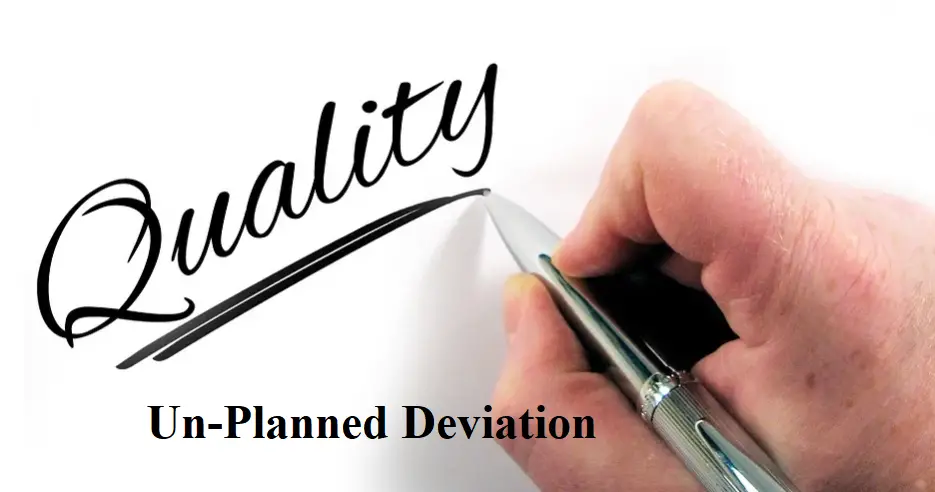Auditing in the Pharmaceuticals Industry: Ensuring Quality, Compliance, and Safety
The pharmaceutical industry plays a critical role in society, providing essential medicines and therapies to improve health and save lives. With the stakes so high, it is imperative to maintain stringent standards of quality, compliance, and safety throughout the pharmaceutical manufacturing process. This is where auditing becomes paramount. In this blog post, we will explore the importance of auditing in the pharmaceutical industry, its objectives, and the key areas it covers to ensure the integrity of pharmaceutical products.
- The Significance of Auditing in Pharmaceuticals
- Ensuring Regulatory Compliance: The pharmaceutical industry is subject to strict regulations and guidelines imposed by regulatory authorities worldwide. Auditing serves as a crucial mechanism to ensure compliance with these regulations, such as Good Manufacturing Practices (GMP), Good Laboratory Practices (GLP), and Good Clinical Practices (GCP). Through audits, pharmaceutical companies can identify and rectify non-compliant practices, preventing regulatory violations and potential product recalls.
- Quality Assurance and Control: Maintaining the highest standards of quality is paramount in the pharmaceutical industry. Auditing helps in assessing and improving quality control processes, ensuring that drugs and medical devices are manufactured consistently, meeting the defined specifications. By identifying quality gaps, auditing enables companies to implement corrective actions, leading to enhanced product quality and patient safety.
Worst-Case in Cleaning Validation

- Risk Management: Audits play a vital role in risk management by identifying potential risks and vulnerabilities in the pharmaceutical manufacturing process. This includes evaluating factors such as supply chain integrity, product contamination, data integrity, and cybersecurity. Through risk-based audits, companies can proactively mitigate risks, safeguarding their reputation and minimizing potential harm to patients.
- Key Areas Covered in Pharmaceutical Audits
- Manufacturing Facilities: Audits of manufacturing facilities focus on assessing adherence to GMP guidelines, facility design, equipment validation, cleanliness, personnel training, and documentation practices. These audits aim to ensure that manufacturing processes are carried out in a controlled and consistent manner, minimizing the risk of product contamination and ensuring the safety of pharmaceutical products.
- Quality Control Laboratories: Audits of quality control laboratories assess the accuracy, reliability, and integrity of laboratory testing procedures. These audits include evaluating equipment calibration, personnel competency, adherence to standard operating procedures (SOPs), and data management practices. By conducting thorough laboratory audits, companies can have confidence in the accuracy of test results and the quality of their products.
- Supply Chain and Vendor Management: The pharmaceutical supply chain is complex, involving multiple stakeholders and potential risks. Auditing the supply chain and vendor management processes ensures that raw materials, components, and services procured from external sources meet the required standards. Supplier audits help evaluate the reliability, quality control systems, and regulatory compliance of vendors, minimizing the risk of substandard materials entering the manufacturing process.
- Data Integrity: In the digital age, data integrity is critical for maintaining the trustworthiness and reliability of pharmaceutical products. Auditing data integrity practices ensures that data is accurate, complete, consistent, and secure. This includes evaluating electronic record-keeping systems, data access controls, and validation procedures to prevent data manipulation or falsification.
- Pharmacovigilance and Adverse Event Reporting: Auditing pharmacovigilance processes ensures that pharmaceutical companies effectively monitor, detect, and report adverse drug reactions and other safety-related information. These audits evaluate the adequacy of systems for capturing, assessing, and reporting adverse events, ensuring compliance with regulatory requirements and protecting patient safety.
Auditing Challenges and Emerging Trends
- Evolving Regulatory Landscape: The pharmaceutical industry operates in a dynamic regulatory environment. Auditing practices must continually adapt to evolving regulations, guidelines, and industry standards. Keeping up-to-date with changing requirements is crucial to ensure audits remain relevant and effective in addressing emerging risks.
- Advanced Technology and Automation: The advent of advanced technologies, such as artificial intelligence, automation, and robotics, is transforming pharmaceutical manufacturing processes. Auditors need to develop expertise in assessing and auditing these technologies to ensure their safe and compliant implementation. Embracing innovative auditing tools can enhance efficiency and accuracy in the auditing process.
- Supply Chain Complexity: Globalization has led to increased complexity in pharmaceutical supply chains, with materials and components sourced from multiple countries. Auditing supply chains across different geographical locations poses challenges related to logistics, language barriers, and cultural differences. Effective auditing strategies need to consider these complexities to ensure the integrity of the supply chain.
- Data Security and Cybersecurity: With the increasing digitization of pharmaceutical operations, securing sensitive data and protecting against cybersecurity threats have become critical. Auditing data security measures and assessing cybersecurity vulnerabilities are essential to safeguard confidential information and prevent data breaches that could compromise product quality, patient safety, and company reputation.
Conclusion of Auditing in the Pharmaceuticals Industry
In the pharmaceutical industry, auditing plays a pivotal role in ensuring quality, compliance, and safety throughout the manufacturing process. By evaluating manufacturing facilities, quality control laboratories, supply chains, and data integrity practices, audits help identify non-compliant practices, mitigate risks, and maintain the highest standards of product quality. As the industry continues to evolve, auditors must adapt to emerging trends and challenges, including evolving regulations, advanced technologies, complex supply chains, and cybersecurity threats. Embracing these changes and continuously improving auditing practices will enable pharmaceutical companies to enhance patient safety, protect their reputation, and contribute to the overall well-being of society.
